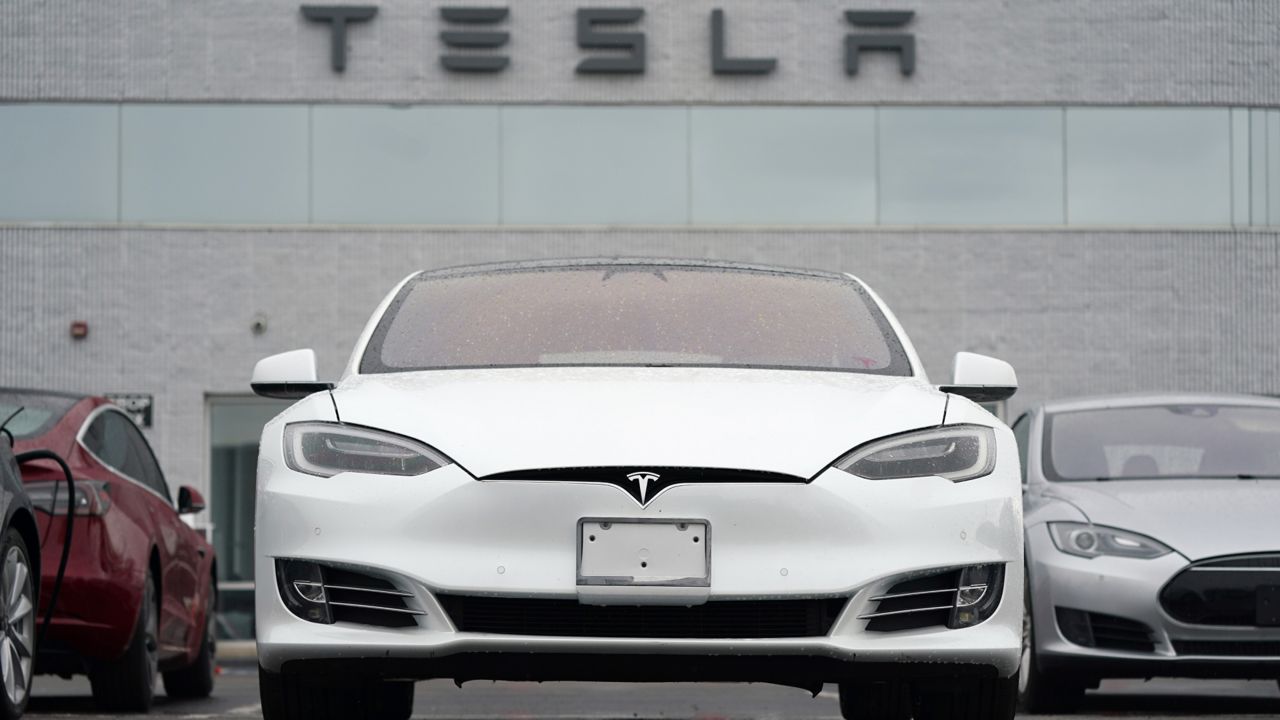LOS ANGELES — Tesla’s decision to open its network of electric vehicle superchargers to non-Tesla drivers by late 2024 was hailed as a critical component of a federal plan to bolster EV infrastructure. But a new study from iSeeCars.com finds it will do little to benefit the majority of EV drivers, especially in California.
Excluding chargers from Tesla, California already has the most EV chargers of any state — 36,897 — and the second-highest number of chargers per capita.
Tesla’s superchargers, which can refuel an EV in about 30 minutes, account for 60% of the nation’s fast chargers. While the country’s bestselling EV maker operates 17,248 superchargers coast to coast, it has only committed to making 3,500 of them available as part of its agreement with the White House.
That will limit access for most non-Tesla EV owners. “At the rate EV sales are growing in the U.S., this will have minimal impact on fast charging access when those 3,500 stations are added by late 2024,” the study found.
EV sales grew 65% in 2022 compared with the year prior, according to Cox Automotive. By the end of the decade, they are projected to account for a third of new passenger vehicle sales in the United States.
Tesla’s supercharger network is larger and more advanced than all other EV charging networks, including Electrify America and ChargePoint combined, according to the study, which looked at data from the U.S. Department of Energy and the U.S. Census Bureau to determine the number of chargers per state and distribution per capita.
“If Tesla opened its entire network up to non-Tesla vehicles it would immediately and substantially improve the EV infrastructure,” iSeeCars.com Executive Analyst Karl Brauer said in a statement. “Every little bit counts when trying to solve the EV infrastructure problem, but it’s disappointing to see this little bit coming from the nation’s largest fast charger network.”
The Biden administration has set a goal of having 500,000 EV charging stations in operation by 2030 — triple the number that currently exists, including Tesla’s superchargers. Of the 116,000 non-Tesla EV charging stations now operating in the U.S., less than 10% are fast chargers.
Nationally, California has the most fast chargers of any state as well as the most per capita. California also has the highest rate of EV adoption in the country. In 2022, almost 19% of all new passenger vehicle sales in the state were electric vehicles, according to the California Energy Commission. Tesla accounts for 65% of EV sales.



